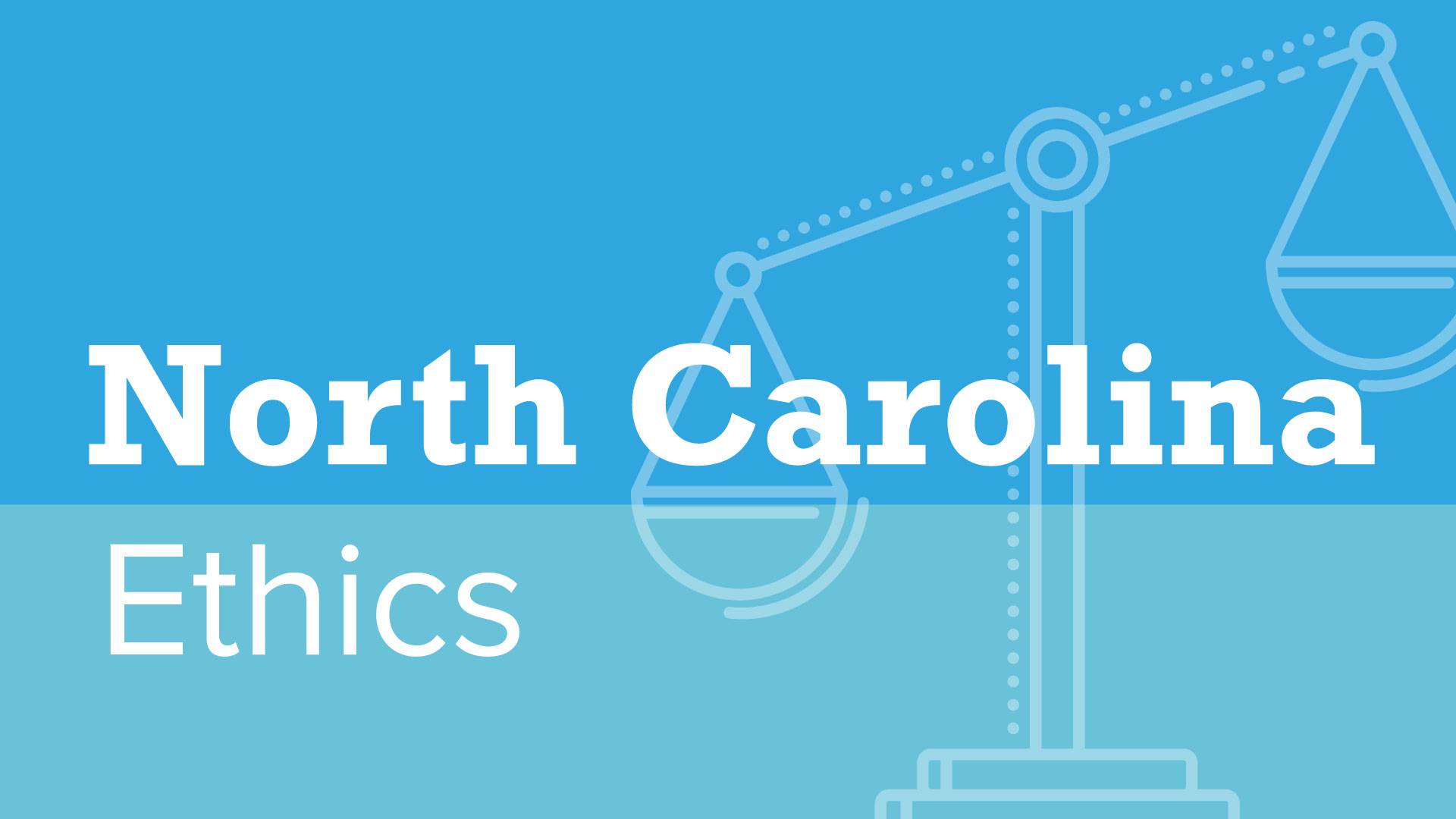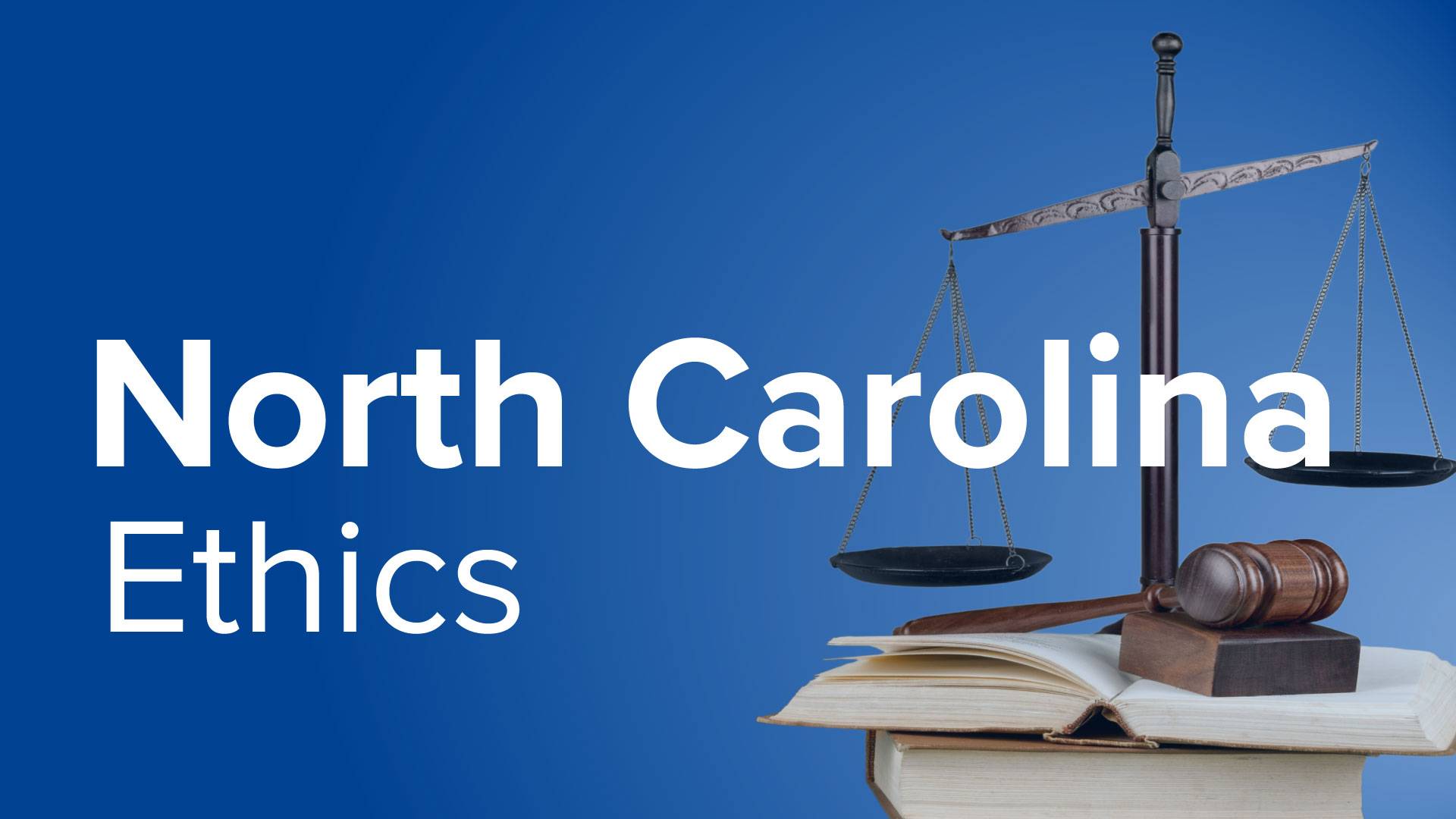State CPE Requirements
North Carolina
Welcome to your go-to guide for fulfilling your Continuing Professional Education requirements, tailored to your state’s specific mandates and regulations.
Revision Date:
June 1, 2022
All Continuing Professional Education (CPE) requirements are sourced from NASBA. For detailed information, please visit the NASBA CPE Requirements page.

Total CPE Hours Required
2,000 minutes

CPE Reporting Period
1/1 to 12/31 annually

License Renewal Deadline
6/30 annually
License Renewal Deadline:
6/30 annually
CPE Reporting Period:
1/1 to 12/31 annually
Total CPE Hours Required:
2,000 minutes
Ethics Requirements:
50 minutes. Must be from a sponsor registered with NASBA.
Credit Limitations:
Instruction: Instructor credits are limited to 50% of total minutes. CPE credit for instructing a college course will only be awarded if the course is above the level of accounting principles.
Published Materials: Authorship credits are limited to 25% of total minutes.
Self-Study: CPE credit shall be awarded based on the number of minutes needed to complete the course, as determined by the sponsor.
Other Subject Area Requirements:
None
Other State Policies:
Carryover: A maximum of 1,000 minutes may be carried from a reporting period to the subsequent reporting period. Carried hours cannot be used to meet the ethics requirement.
Accepted Providers: North Carolina accepts CPE credits for programs offered by National Registry sponsors.
Exemption:
- Non-Resident Licensee: A non-resident licensee may satisfy the annual CPE requirements in the jurisdiction where they are licensed and currently work or reside. If there is no annual CPE requirement in that jurisdiction, the licensee must meet North Carolina’s requirements.
- Ethics Requirement:
- A non-resident licensee whose primary office is in North Carolina must meet the North Carolina ethics requirement.
- All other non-resident licensees may meet the ethics requirement by completing the ethics requirements in the jurisdiction where they are licensed as a CPA and work or reside.
- If there is no ethics CPE requirement in the jurisdiction where they are licensed and currently work or reside, they must comply with the North Carolina ethics requirement.
Other State CPE Requirements
Deadlines always sneak up on you, but not this time.
Financial and Accounting Professionals reporting in one of the states listed below can easily find their State’s CPE Requirements.


